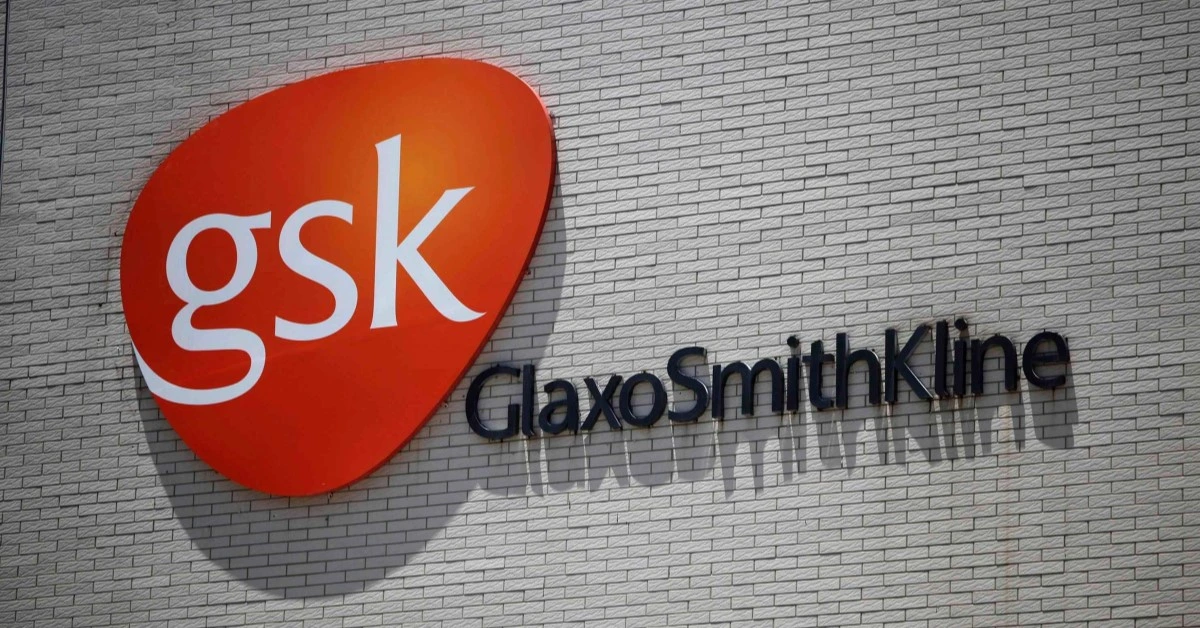
USA – Global healthcare leader GlaxoSmithKline (GSK) has announced a transformative investment in the United States, allocating up to US $800 million to expand its Marietta, Pennsylvania, site.
This investment, the largest of its kind for GSK in the U.S., is set to double the facility’s size and capacity.
Pennsylvania Governor Josh Shapiro confirmed in an October 24 press release that the expansion will bolster the company’s vaccine production capabilities, create jobs, and drive advanced technology integration.
GSK’s investment will fund a new vaccine drug substance facility and a research and development (R&D) pilot plant.
Construction is expected to commence by the end of 2024, with the drug substance facility projected to become operational by the end of 2027, followed by a drug product facility by the end of 2028.
The facilities will leverage Multiple Antigen Presenting System (MAPS) technology, a breakthrough method that enhances vaccine efficacy by presenting multiple antigens to the immune system.
“Our investment will establish Marietta as a central hub for innovation and manufacturing, delivering next-generation medicines and vaccines to communities worldwide,” said Regis Simard, GSK’s Global Supply Chain President.
Job creation and sustainable infrastructure
The expansion is anticipated to add over 200 new positions, enhancing GSK’s U.S. workforce in a sector facing rising vaccine demand.
The site will supply sterile liquid vaccines and medicines, with a strong emphasis on reducing environmental impact.
Sustainability features include solar panels, electric heat generation, and advanced water and energy reclamation systems. GSK’s broader sustainability initiative aims to cut carbon emissions by 80% by 2030.
GSK joins Pennsylvania’s growing biotech hub
GSK is not alone in ramping up investments in Pennsylvania’s pharmaceutical sector.
This week, Nucleus RadioPharma, a contract development and manufacturing organization (CDMO), revealed plans to enhance its Springhouse facility, a move expected to generate around 50 new jobs locally.
Meanwhile, MSD (known as Merck in the U.S.) holds the largest pharmaceutical presence in Pennsylvania, with its massive manufacturing facility in West Point representing the company’s most extensive site nationwide.
In another development, UK-based AstraZeneca is reportedly exploring the possibility of relocating its manufacturing operations from the UK to the U.S., driven by concerns over potential funding reductions under the Labour government.
Leveraging advanced technology: AI, robotics, and digital twins
To optimize efficiency, both facilities will incorporate advanced technology, including artificial intelligence (AI)-powered processes, robotics for material handling, and digital twins for real-time process optimization.
This integration of “smart” systems will enable GSK to refine workflows, maintain stringent quality control, and reduce waste, reflecting the company’s commitment to cutting-edge manufacturing practices.
This U.S. expansion is part of GSK’s ongoing strategy to strengthen its global manufacturing network.
Earlier this year, the company invested US $260 million in its U.K. operations, upgrading facilities and enhancing supply lines, including a £67 million (US $86.8 million) upgrade at its Montrose site in Scotland to increase active pharmaceutical ingredient production.
Additionally, in September, GSK committed €250 million (US $273 million) to a new vaccine manufacturing facility at its Wavre campus in Belgium.
This facility, expected to be operational by 2027, will help support the production of GSK’s respiratory syncytial virus (RSV) vaccine, Arexvy, and its widely-used shingles vaccine, Shingrix.
XRP HEALTHCARE L.L.C | License Number: 2312867.01 | Dubai | © Copyright 2025 | All Rights Reserved